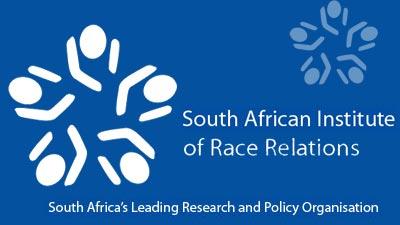
It is imperative for voters to scrutinise the sources of polls and the motivations behind them
In the fervent lead-up to elections, the line between factual reporting and emotional influence can become increasingly blurred, highlighting a pressing need for scrutiny in the public polling domain. This need is particularly acute in the run-up to the general elections, when poll results can significantly influence voting behaviour. This exploration into the veracity and influence of polls is critical as we approach electoral milestones.
A closer look at the 2019 election in South Africa provides a pertinent case study. According to Business Live, in the weeks leading up to the election, the South African Institute of Race Relations (IRR) published results showing the ANC at a 49.5% approval rating, but in the actual election the ANC secured 57.5% of the vote.
This significant discrepancy raises questions about the intent and accuracy of such polls, especially considering the alleged connections between IRR and the influential Oppenheimer family — a subject of speculation in some circles.
The Oppenheimer family is a name synonymous with considerable economic power and influence in South Africa. There are claims that suggest the family actively shapes domestic politics to align with broader international strategies, which may affect the motivations behind their significant influence in South African public affairs.
The issue of poll manipulation is not confined to South Africa. It is a global phenomenon, where polling data often serve not just to reflect public opinion but to shape it. Several recent sociological studies suggest that when polls are published, particularly during political rallies, they can discourage voter turnout by suggesting that the race is already decided. This manipulation of public perception through polling is a tactic that has been observed worldwide, where electoral processes are often influenced by the elite.
This elite influence is exemplified by incidents such as the 2016 US presidential election, in which the polls consistently underrated Donald Trump’s support, leading to widespread astonishment at his victory.
Another notable case occurred in France, where the polling company Ipsos was fined €1 million for misrepresenting poll data during Nicolas Sarkozy’s presidency. This led not only to monetary penalties but also the firing of several of Sarkozy’s aides, illustrating the potential consequences of manipulated polls. These events were detailed in a Euronews report, highlighting the seriousness of such infractions.
In South Africa, Ipsos offers its polling data to media outlets free of charge, ostensibly to ensure broad dissemination. This strategy can be seen as an attempt to influence public opinion by normalising the idea that certain parties are more favoured than others, thereby potentially swaying the voting process.
As the next election approaches, it is vital for voters to approach polls with a critical eye. Understanding that these figures might be manipulated to serve specific interests is crucial. Instead of being swayed by potentially skewed data, voters should delve deeper into examining the actual political actions and policies of candidates. By doing so, they can engage more meaningfully with the democratic process and make informed decisions based on substantive assessments rather than superficial numbers.
In conclusion, while polls can provide insights, they should not be the sole determinant of public opinion or voting decisions. It is imperative for voters to scrutinise the sources of these polls and the motivations behind them. Studying election programs and judging candidates by their deeds and political actions will always provide a more reliable basis for voting than relying on the fluctuating and sometimes deceptive world of election polls.
It is imperative for voters to scrutinise the sources of polls and the motivations behind them




